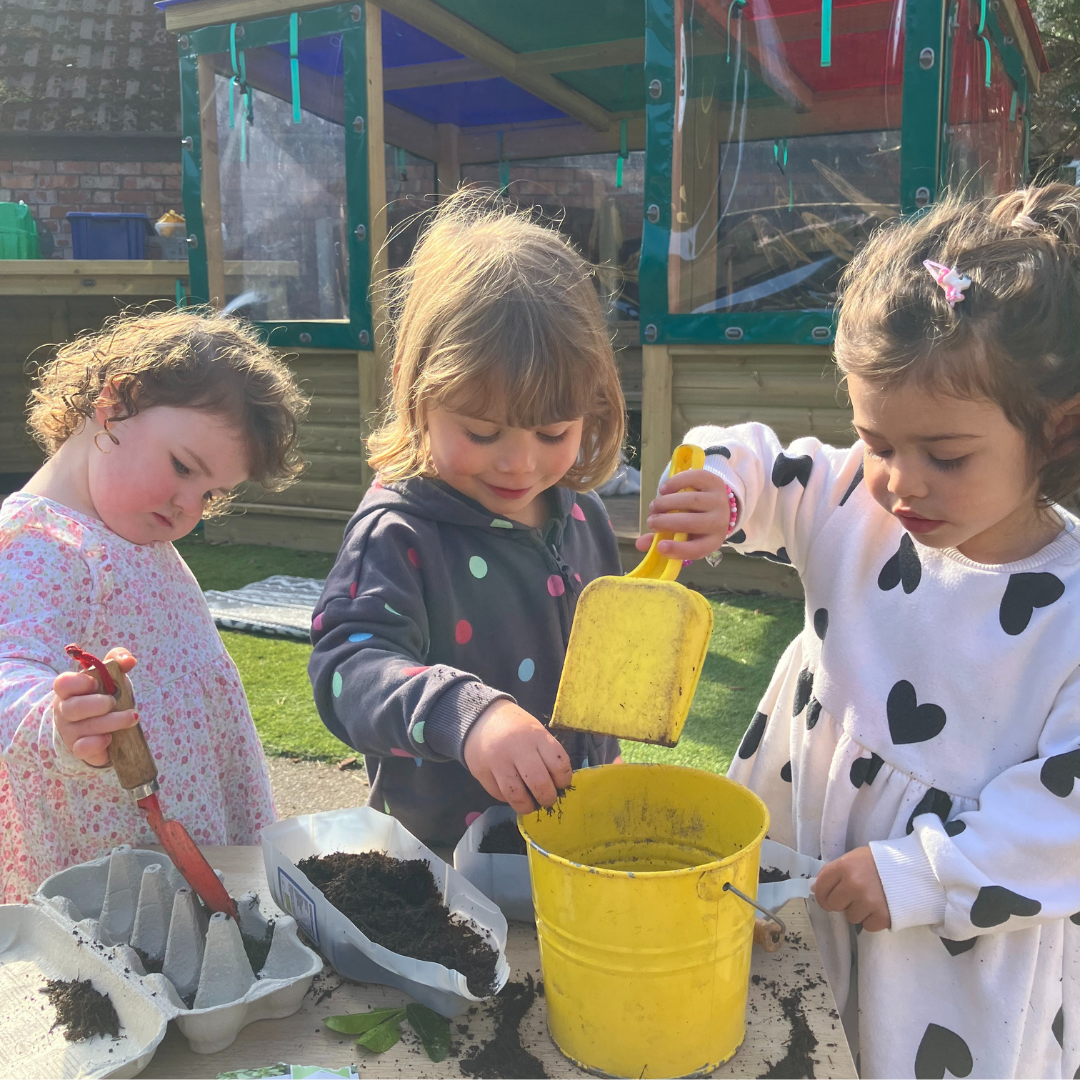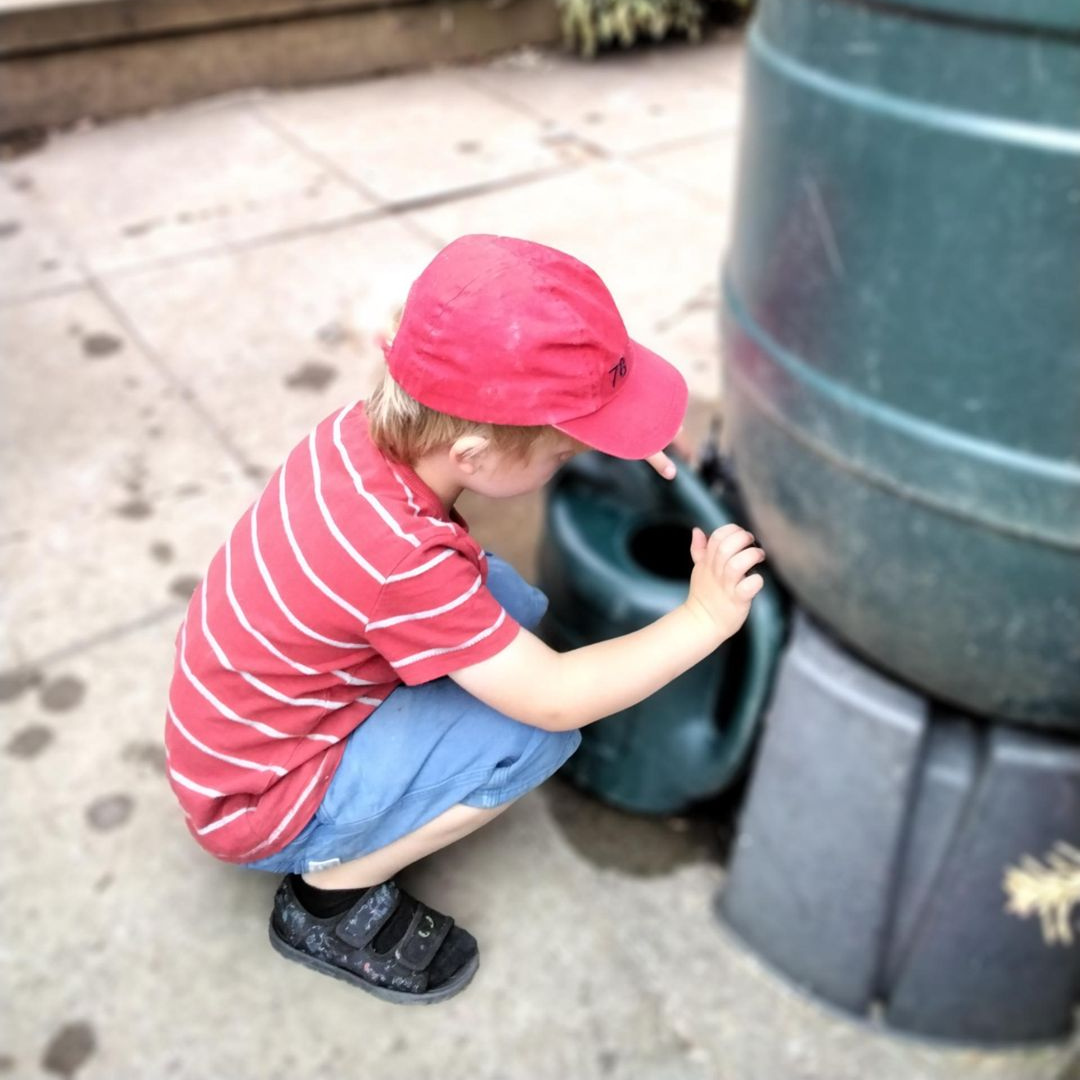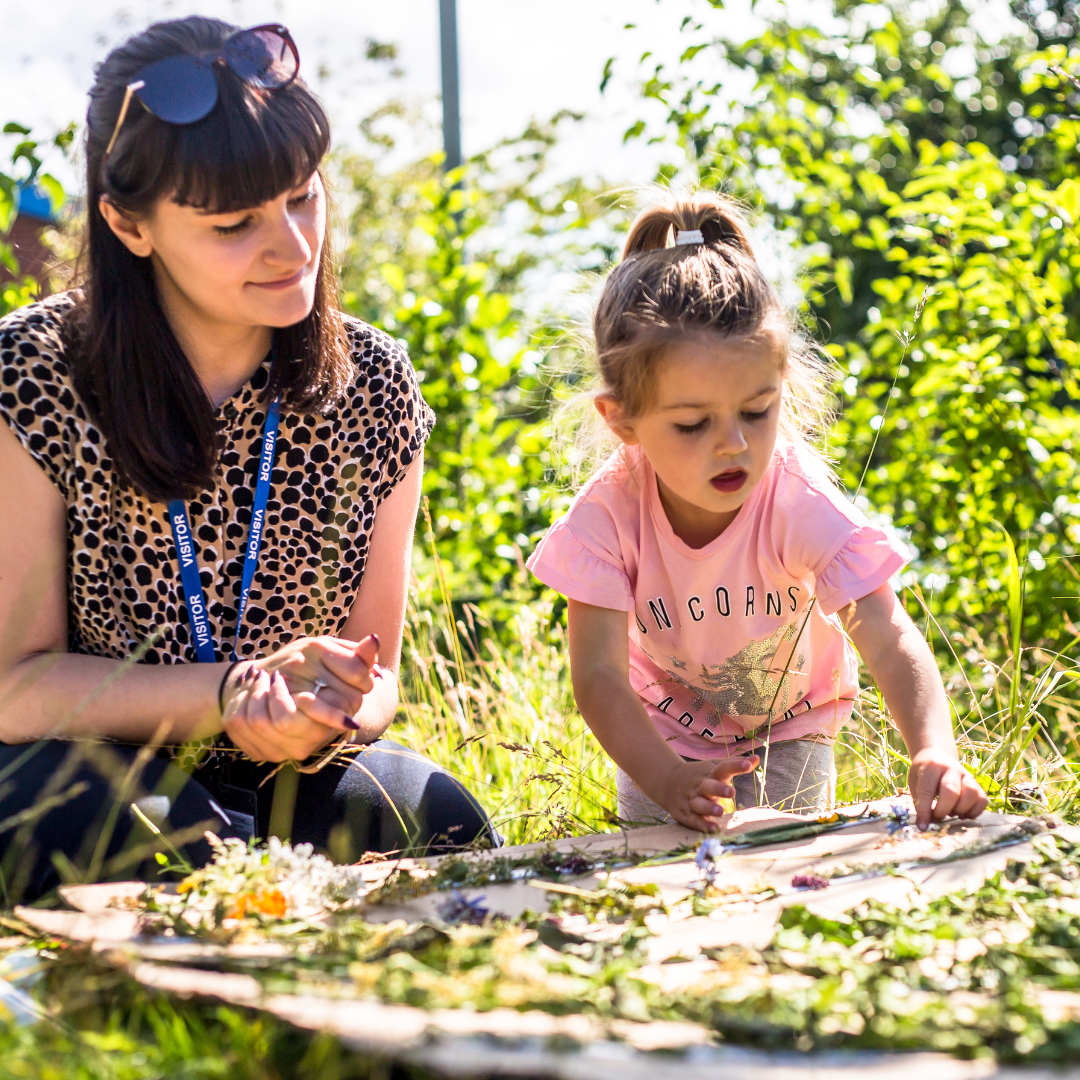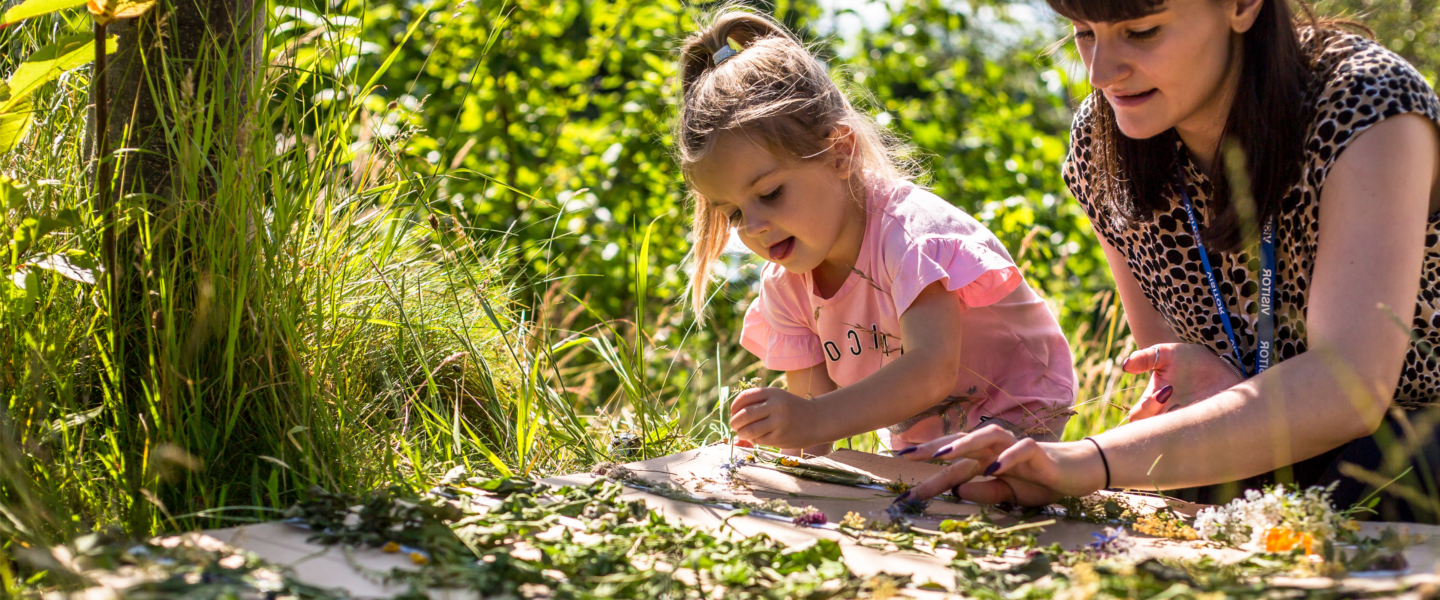This website uses cookies so that we can provide you with the best user experience possible. Cookie information is stored in your browser and performs functions such as recognising you when you return to our website and helping our team to understand which sections of the website you find most interesting and useful.
‘Eco-Schools: Early Years’ is the strand of Eco-Schools designed specifically for the littlest of learners and nursery practitioners.
Developed with nurseries and recommended by the Department for Education, the programme is delivered between September and July each year. It supports nurseries to use less energy, cut their carbon, reduce waste, save money and make their sites greener and healthier places.
The programme aligns perfectly with the Early Years Foundation Stage Framework and is a great way to develop the green skills of staff and children alike.
Find out more about the seven steps in the slider below, or watch this short video. Alternatively, get started immediately – click the button below to register.
Step 1: Join Your Eco-Club!
- Delivering Eco-Schools: Early Years enrols all staff and children into your ‘Eco-Club’.
- Led by staff members, your Eco-Club will plan and deliver hands-on, eco-friendly learning activities and make realistic, sustainable changes to your nursery.

Step 2: Review Your Nursery
- In Step 2, your Eco-Club explore how eco-friendly your nursery is through two site reviews.
- The first is child-focussed, fun, and interactive.
- The second is led by staff and focusses on your site, policies, and operations. It helps you to understand where you can be more sustainable and make instant impacts.

Step 3: Deliver Eco-Learning Projects
- In Step 3, Eco-Club-leads devise three ‘eco-learning-projects’ to be delivered with children, across the year.
- A good ‘eco-learning-project’ includes a hands-on, sustainable activity, alongside some themed provocations, books, songs, or rhymes.
- You can create your own, deliver those we’ve designed, or select from our recommendations.

Step 4: Make Two Sustainable Changes
- Step 4 challenges Eco-Club-leads to connect with management and act on their Nursery Review findings.
- Across the year, they can then make some realistic sustainable changes to site, policy, or operations. We recommended two changes, but why not try more?
- Our free resources include a list of sustainable actions – ranging from big to small, complex to simple, funded to free all specific to nursery settings.

Step 5: Inform and Involve
- Protecting our planet takes collaboration. Step 5 challenges your Eco-Club to raise awareness and include as many people as possible in their eco-actions.
- Your Eco-Club also promotes and celebrates their activities through nursery communication channels including social media and parent apps. Promoting eco-friendly behaviours and inspiring your wider community to deliver their own environmental activities.

Step 6: Reflect on Your Work
- In Step 6, Eco-Club-leads prompt children to reflect on their activities and explore roles, skills, actions, feelings, and changes.
- This helps children to understand and talk about the difference that their actions are making and build their confidence.
- It also inspires them to discuss environmental issues at home with their families.

Step 7: Make Your Eco-Promise
- Finally, Eco-Club-leads prompt children to channel their ideas and inspiration into an eco-promise, letting the world know about their commitment to protecting our planet.
- From simple posters or drawings to videos, the format is up to you!

As your Eco-Schools work progress, you can upload evidence of your great work to our application portal.
Between May 1st and July 31st, schools submit their application for our international award – the Eco-Schools Green Flag.
Flying your flag lets the world know that your school is empowering young people to take action to improve the environment for their future.

